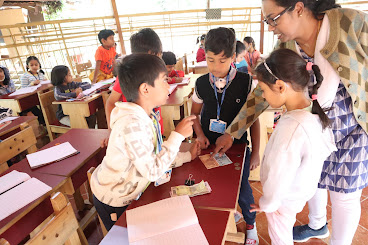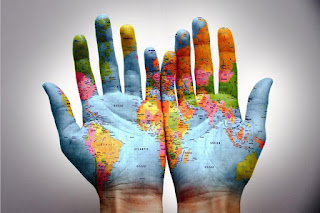Sri Aurobindo's Philosophy of Education

Sri Aurobindo's Philosophy of Education -Dr. Ajit Sabnis Sri Aurobindo, a visionary philosopher, poet, and spiritual leader, contributed significantly to the field of philosophy of education. His philosophy was deeply rooted in spirituality, and he believed in the integral development of an individual, encompassing the physical, mental, and spiritual dimensions. Sri Aurobindo's educational philosophy is a synthesis of the spiritual and the practical, aiming to foster the evolution of consciousness in individuals. Integral Development: Ø Sri Aurobindo's philosophy emphasizes the holistic development of an individual. Ø Integral education addresses the physical, vital, mental, and spiritual dimensions of human nature. Transformational Journey: Ø Education is viewed as a transformative journey rather than a mere process of knowledge acquisition. Ø The goal is the awakening of higher levels of consciousness. Manifestation of the Divi...





